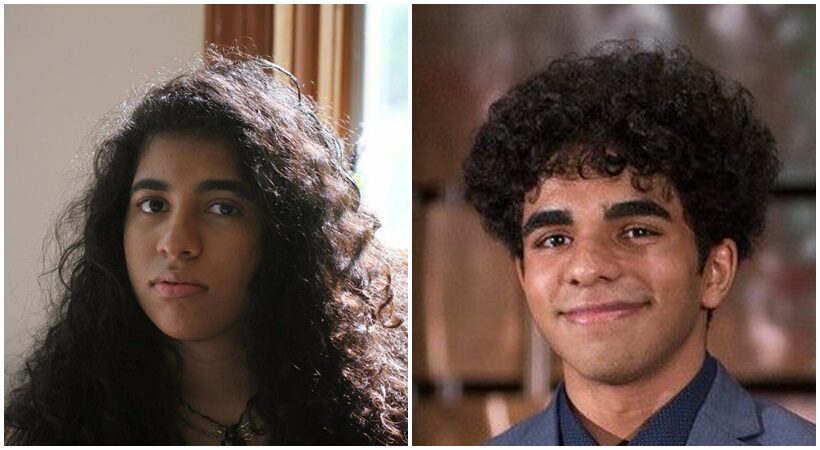Rising MIT junior Eeshan Tripathii and his sister, engineer Vini Tripathii, were devastated after their friend had their hand amputated. They were subsequently first-hand witnesses to the challenges of living with a prosthetic.
The siblings were disappointed at the unreliability of the device. An MIT report quoted Eeshan as saying that it was “like giving someone the world’s greatest computer, but with a broken keyboard and mouse.” Disturbed by this incident, Eeshan, an electrical engineering and computer science major, initially wanted to build his own prosthetic. However, the Indian-American siblings soon realised that there was no lack of prosthetics, but nobody focused on making them easier to control.
The siblings used their combined knowledge of neuro-engineering and computer engineering. They started developing a low-cost, non-invasive, brain-controlled interface that could improve the functionality of already existing prosthetics limbs. They soon came up with a unique neuroprosthetic interface that couples electromyograph and electroencephalograph sensors with a proprietary algorithm to ensure that natural functionality is restored for amputees.
“We’re building a device that decodes your muscle and brain signals and translates them into commands that a prosthetic hand can use to make gestures and grasp objects. We aren’t building the prosthetic hand; we’re building the interface that controls the hand, and we’re doing it completely non-invasively,” Eeshan was quoted as saying.
Soon after, the duo turned to the MIT Sandbox Innovation Fund Program for support, and then they were subsequently connected with mentors who helped them shape their strategy into a solid idea.
During the Covid-19 pandemic in 2020, the siblings developed their product from their home in New Jersey, and thus the Invictus BCI Incorporated was created. Last year, as the pandemic had struck, critical access to labs at MIT and Cornell Tech had been eliminated.
Eeshan and Vini are now closer to achieving their goal of helping amputees.
“I have found that the moment you start working on something that people need, rather than something people want, it becomes impossible to work purely for yourself,” Eeshan said. “Your motivation grows beyond a personal desire to create a solution.”



















